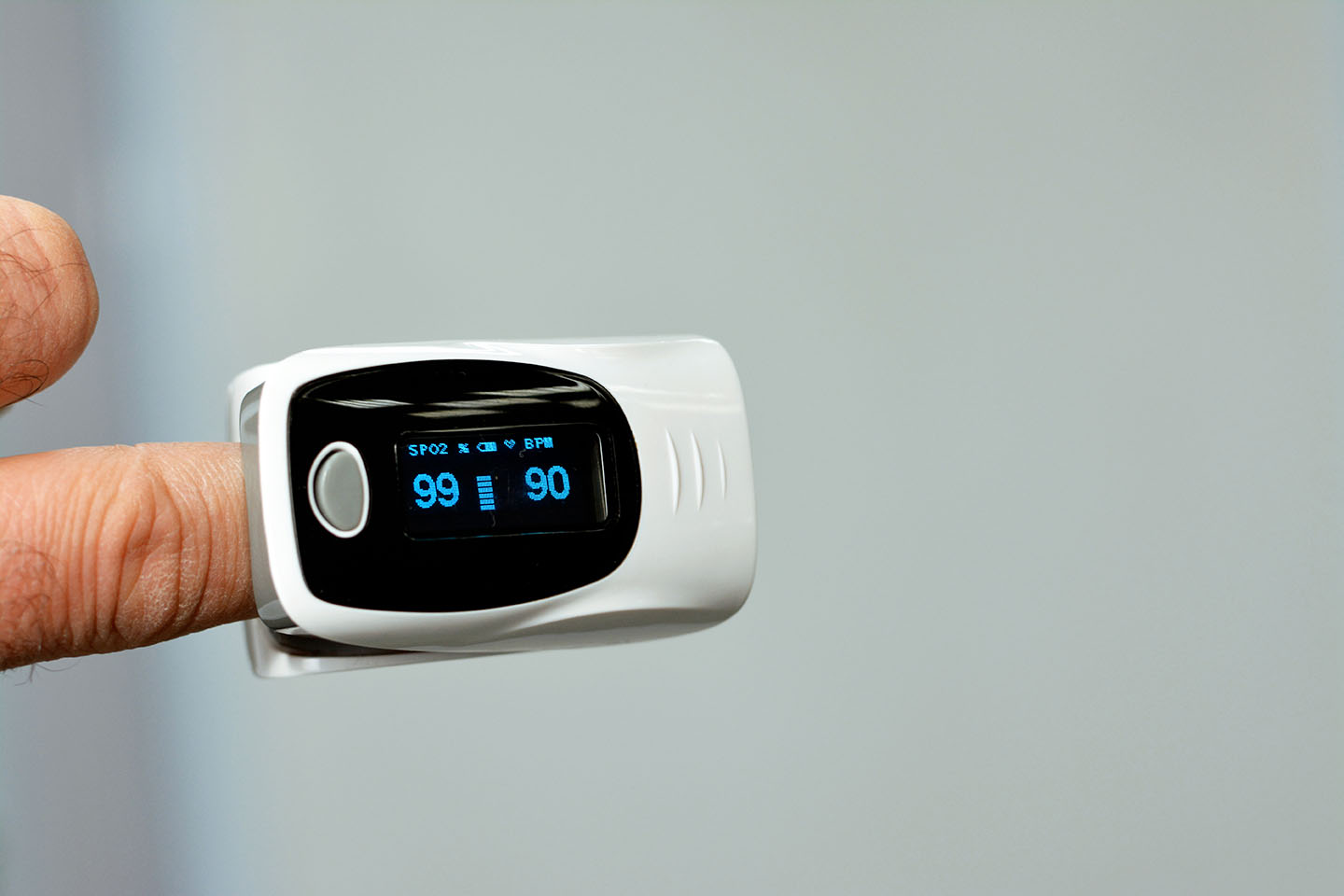
sensor
Definition
A sensor is a device that detects a physical quantity and converts it into an electrical signal. The electrical signal can then be processed and used to control a device or to provide information to a user.
There are many different types of sensors, each designed to detect a specific physical quantity. Some common types of sensors include:
- Temperature sensors: These sensors detect temperature and convert it into an electrical signal. They are used in thermostats, ovens, and weather stations.
- Pressure sensors: These sensors detect pressure and convert it into an electrical signal. They are used in car tires, blood pressure monitors, and depth gauges.
- Light sensors: These sensors detect light and convert it into an electrical signal. They are used in cameras, light meters, and night vision devices.
- Motion sensors: These sensors detect motion and convert it into an electrical signal. They are used in security systems, motion-activated lights, and fitness trackers.
Sensors are used in a wide variety of devices and applications. They are essential for our modern world, helping us to monitor our environment, control our devices, and stay safe.
How can the word be used?
Sensors are used in many different devices, such as cameras, thermometers, and smoke detectors.

Different forms of the word
Noun:
- a device that detects or measures a physical quantity and converts it into a signal that can be read by an observer or by an instrument.
Etymology
The word "sensor" comes from the Latin word "sensus", which means "perception".
The first recorded use of the word "sensor" in English was in the 17th century.
The word "sensor" is a Latin word, and it is related to the English word "sense".
Question
What uses a sensor?
AQA Science Exam Question and Answer
Question:
Discuss the role of sensors in technology and everyday life, providing examples of how sensors are used to monitor and control various systems for improved efficiency and convenience.
Answer:
Sensors play a pivotal role in modern technology and our daily lives, enabling the monitoring and control of a wide range of systems. These devices detect and measure physical properties like light, temperature, pressure, and motion, converting them into electrical signals that can be processed and utilised.
In everyday life, sensors are embedded in numerous applications. In smartphones, ambient light sensors adjust the screen brightness, conserving energy and enhancing user comfort. Home thermostats use temperature sensors to regulate indoor heating and cooling, optimising energy usage. Vehicle airbags rely on acceleration sensors to deploy during sudden deceleration, enhancing passenger safety.
Industrial settings extensively employ sensors for process control and automation. Pressure sensors monitor and regulate fluid flow in pipelines, while motion sensors trigger automatic doors, saving time and energy. Environmental monitoring stations employ sensors to measure air quality and pollution levels, aiding in public health assessments.
Sensors are also vital in medical devices, such as heart rate monitors and glucose sensors, providing critical data for healthcare professionals to make informed decisions.